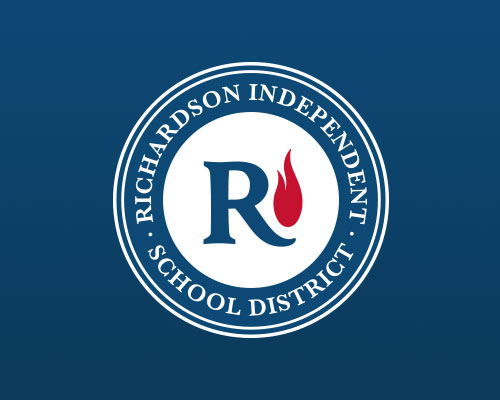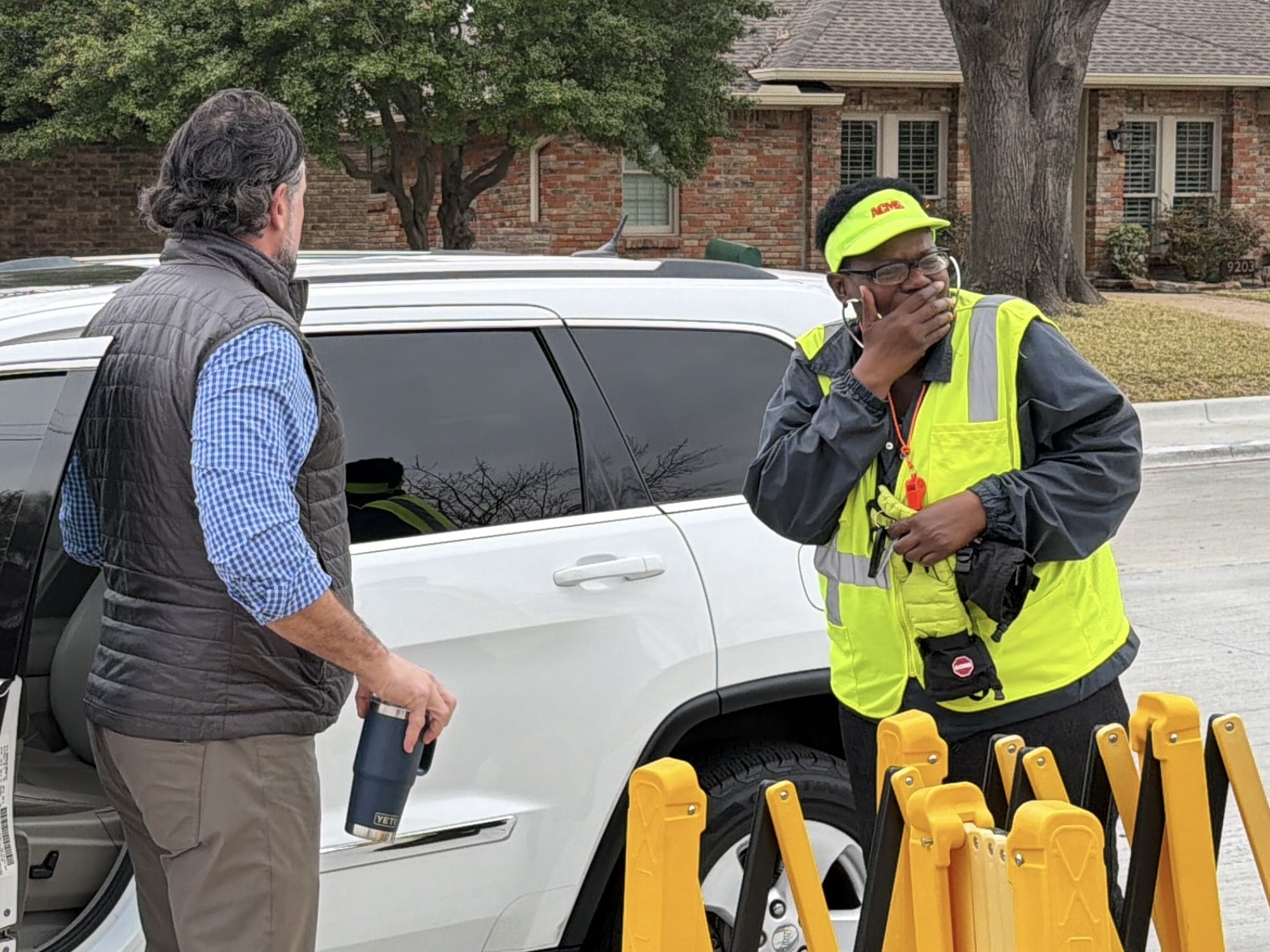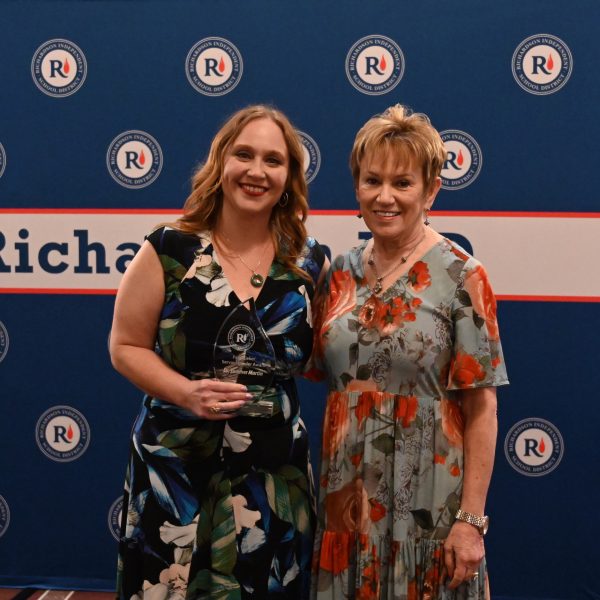At the November 9 regular meeting, RISD trustees approved the results of the annual comprehensive audit of RISD finances after a presentation by the district’s external auditors, Weaver LLC.
State law requires all school districts be audited annually. RISD receives more than $750,000 in federal funds, which requires additional audit procedures. The audit evaluates RISD’s internal controls over critical areas as well as compliance with laws and regulations. Some of these areas include human resources, payroll, procurement, accounts payable and information technology.
The audit, known as the annual comprehensive financial report (ACFR), shows RISD received an unmodified or “clean” opinion, meaning all “financial statements are correct in all material aspects.” Auditors found no material weakness, no significant deficiencies, nor any instances of noncompliance. “We’re pleased to share these results, and commend the hard work of RISD’s business services team,” said audit partner Sara Dempsey. “Especially given the level of federal ESSER and Title funding, not all school districts are receiving a positive presentation. Great news all around in this audit.”
After the audit presentation, RISD CFO David Pate updated trustees on the variances between the adopted 2022-23 budget and actual revenue and expenditures for the budget year ending June 30, 2023. Highlights of operating budget variances included:
- An $8.5 million positive variance in SHARS (School Health & Related Services) revenue related to services provided by qualified staff to medicaid eligible students (primarily special education students).
- A $1.5 million positive variance in xPlore tuition revenue, due to more students than projected participating in the district’s before- and-after school care program.
- A $4 million positive variance in indirect grant cost revenue (the overhead costs of administering a grant), realized primarily through an increase in the federal unrestricted indirect grant cost rate, which applies to RISD ESSER and Child Nutrition grants.
- An $11.4 million positive variance in payroll costs, due primarily to vacant positions during the 2022-23 school year, including within ESSER funded positions. This permitted RISD to use federal ESSER funds to supplant $7 million more in payroll costs that originally budgeted.
- A $4.5 million negative variance in non-payroll expenditures, due to higher insurance costs, higher fuel costs, higher substitute teacher costs, and higher costs for contracted services to assist with staffing shortages in areas like special education.
- A $5.9 million positive variance in property tax collections, due to value changes as protests settled. The homestead exemption was raised to $40,000 in 2022.
- A $3.6 million positive variance in state revenue, due to an approximately 200 student increase in student enrollment compared to the projected enrollment.
- A $7.4 million positive variance in interest income due to interest rates increasing faster and to higher levels than originally anticipated.
Overall, the positive operating variances from the 2022-23 fiscal year will provide RISD with additional one-time funds to address the adopted operating deficit in the current 2023-24 fiscal year and the major projected deficit for the 2024-25 fiscal year. The RISD Community Budget Steering Committee has been meeting since July to study RISD’s financial situation and arrive at systemic recommendations for trustees to consider in 2024-25 budget planning that will allow the district to operate more efficiently.



